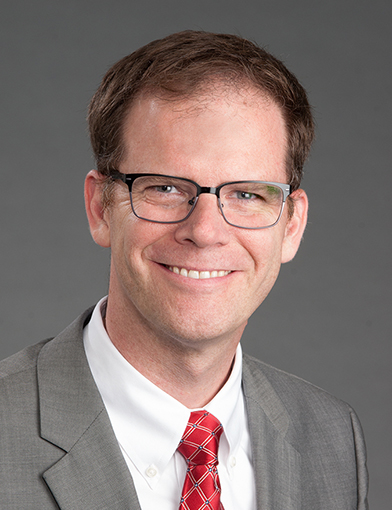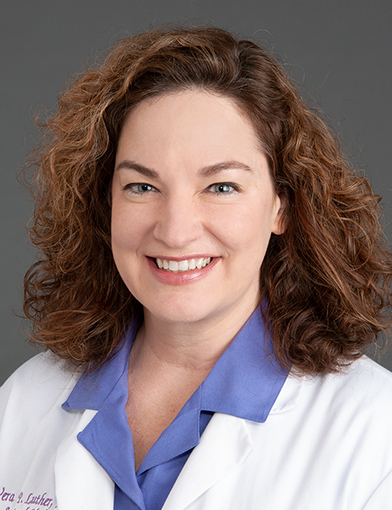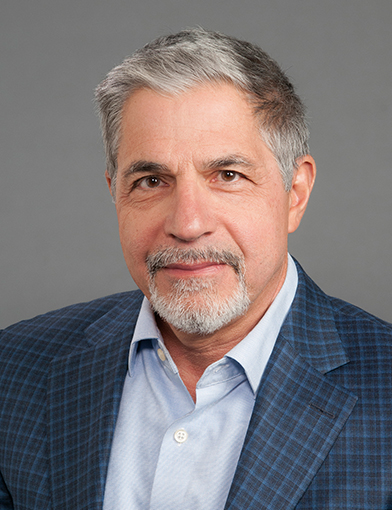Wake Forest Addiction Medicine Fellowship is a multisite, multidisciplinary program to provide a thorough and rigorous educational experience so our physician fellows become leaders in clinical addiction services and research. We offer two tracks: a one-year standard clinical track or a two-year clinical/research track. The research track offers the opportunity to participate in Wake Forest’s innovative Academic Learning Health Scholars Program by a NIH TL1 grant which combines a dedicated mentorship program with the option of earning a Master’s degree or certificate.
We accept residents from multiple different programs such as family medicine, internal medicine, emergency medicine, anesthesiology, psychiatry, preventative medicine and infectious disease.
Fellows will have a rich, in-depth exposure to clinical, didactic and research training in Addiction Medicine and will work on interdisciplinary teams in residential, outpatient and hospital inpatient settings to provide efficient, effective, individualized guideline-based care. As new fellows, they will help build, implement, lead and teach evidence-based treatment strategies in our health system and the communities we serve. Our fellows will interact with a variety of interprofessional teams dedicated to prevent, evaluate, treat and monitor persons with substance use disorders and/or co-morbid psychiatric/medical/surgical problems.
Why Train at Wake Forest?
Our health system includes five hospitals and an extensive network of outpatient clinics. It is the only academic medical center in northwestern North Carolina and cares for persons of all ages and backgrounds. According to the Centers for Disease Control and Prevention, N.C. and the population we serve have among the highest opioid use disorder and overdose rates and health disparities in the U.S.







